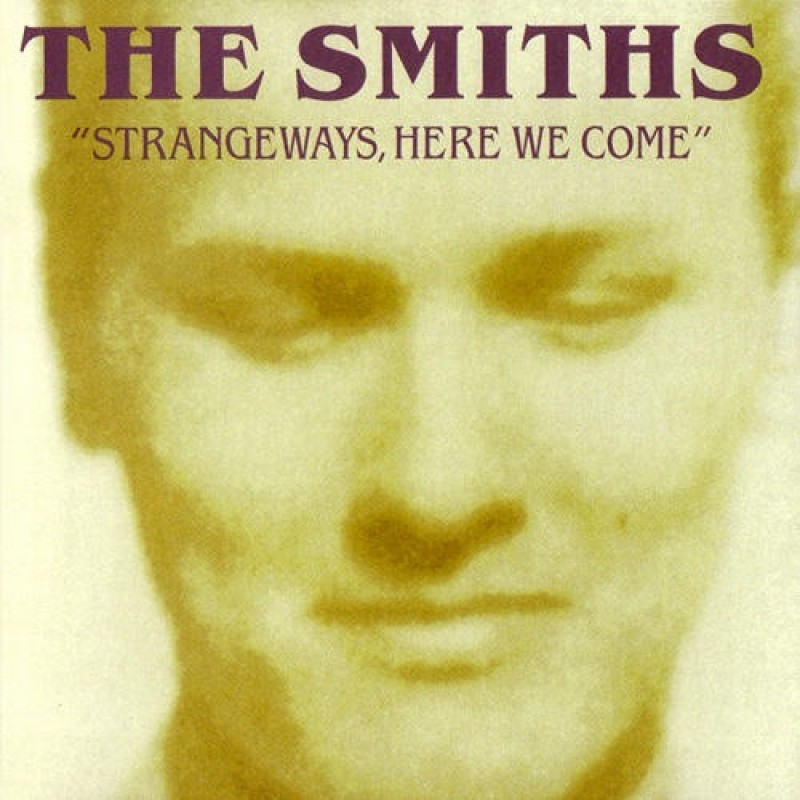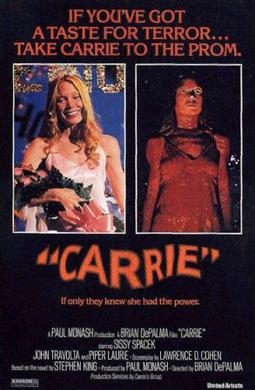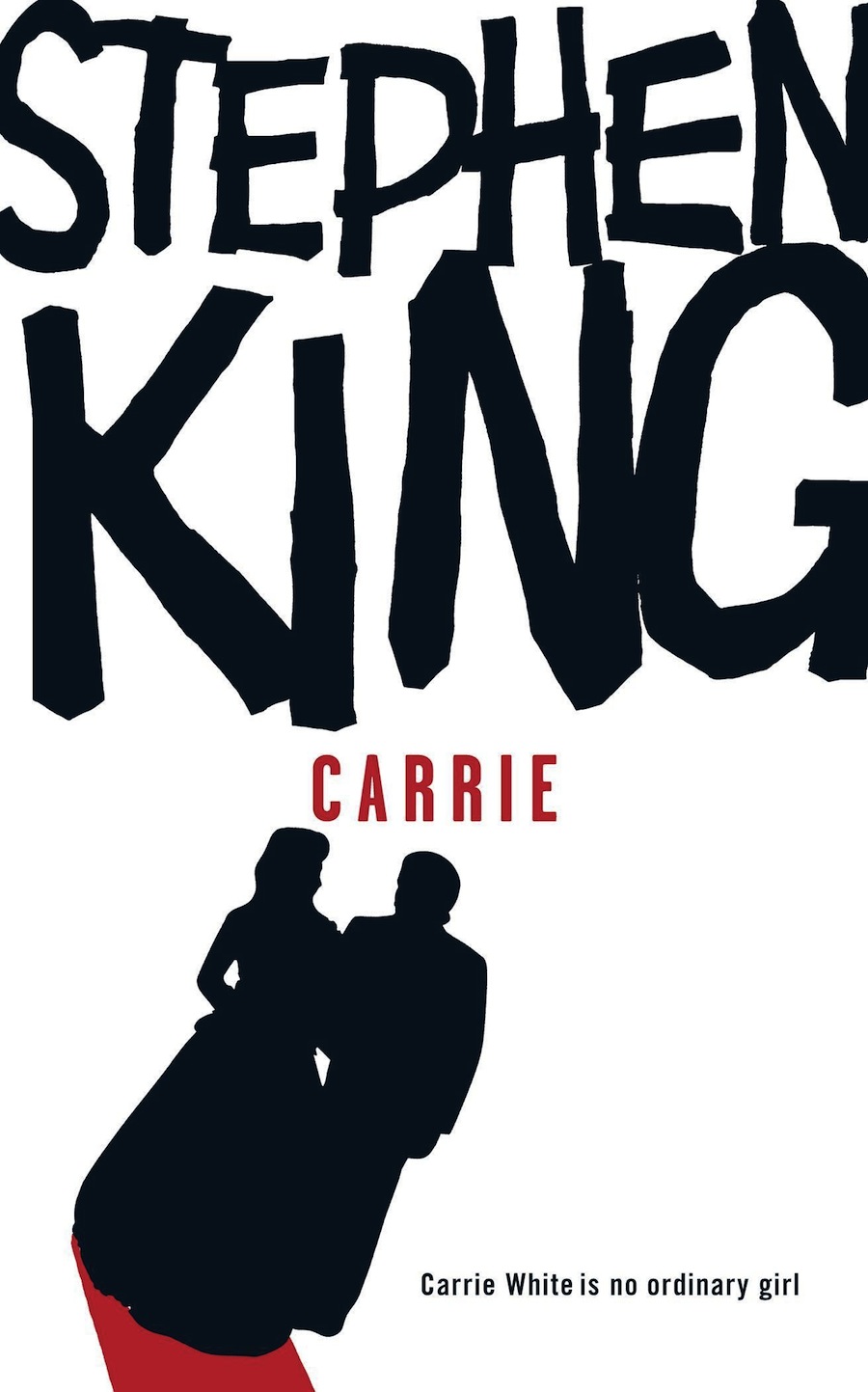Any half-fan of Rockstar Games’
most popular franchise will tell you that radio stations are an integral part
of the Grand Theft Auto experience. Since the original GTA was released in
1997, Rockstar has recorded dozens of stations crammed with superb licensed
music, which don’t so much enhance gameplay as bring it to life. They’ve been
in foreign languages, been hosted by world famous musicians and even catapulted
real life DJ Lazlow to stardom through appearances on every GTA game since GTA
III. As an avid GTA fan myself, in this
post I list my ten favourite GTA radio stations of all time.
10. Double Clef FM (GTA III)
I sometimes wonder why Rockstar
never added an operatic radio station to a game after GTA III and GTA Liberty
City Stories, especially when Double Clef FM works so well. Hosted by Liberty
Tree columnist Morgan Merryweather, Double Clef pokes fun at the pretentions of
classical opera in its short 20 minutes of music and commercials. They may have
never made another, but in Double Clef FM Rockstar created an absolute gem.
9. Channel X (GTA V)
It’s remarkable that Rockstar
never made a station devoted completely to punk before the recent GTA V, the
genre’s violent and rebellious nature fits right into the games the company
builds. Hosted by legendary singer Keith Morris, who worked with many of the
bands featured on the track list, Channel X includes classics by Black Flag and
Circle Jerks, making for a superb playlist for the (albeit virtual) long and
winding road.
8. Chatterbox FM (GTA III)
Chatterbox was the first GTA
radio station to be hosted by DJ Lazlow, who became an iconic figure in the GTA
universe and appeared in every game in the series since. Lazlow, who co-wrote the station’s script,
presents a witty and sarcastic hour of talk as he interviews pacifist martial
artist Reed Tucker and “cheap pimp” Fernando Martinez (a character who has also
made an appearance in every game since GTA III).
7. West Coast Classics (GTA V)
Taking its cues from San Andreas’s
brilliant Radio Lost Santos, West Coast Classics features an excellent,
expletive-ridden set of 80s and 90s hip hop tracks. Hosted by the bizarrely
named DH Pooh, the station makes a great backdrop for GTA V’s scenes of gang
violence (also inspired by San Andreas) with songs from such legendary artists as
2Pac, Snoop Dogg and Ice Cube.
6. Flashback FM (GTA III)
Gosh, there’s a bit of a pattern
developing here! Even so, Flashback FM is well worthy of its position here,
being possibly the best 80’s pop station in the game’s history. Hosted by the
brilliant Toni, the station’s use of songs from the Scarface soundtrack really
shows the developer’s influences. Uses of She’s On Fire and I’m Hot Tonight
are particularly effective.
5. Radio X (GTA San Andreas)
Simply as a set of songs, Radio X
presents possibly my favourite radio station in GTA history. As an alternative
rock and heavy metal station, Radio X features superb tracks from world-famous
bands including Depeche Mode, Guns N’ Roses and Rage Against the Machine (the
use of Killing in the Name being surely one of the best musical decisions in
gaming history). There’s excellent talk to be heard here too, with the station
being hosted by escaped mental patient Sage. For me, only Nirvana is missing
from this musical classic.
4. Radio Los Santos (GTA San Andreas)
Often cited as San Andreas’s best
radio station, the gangsta rap and hip hop provided by Radio Lost Santos was the
main inspiration for West Coast Classics and the modern incarnation of the
station heard in GTA V. As the favourite station of the iconic Grove Street
gang, Radio Los Santos provided much of the soundtrack for the Balla Vs
Grove Street violence seen in the game. Packed with brilliant songs from
rappers including 2Pac and Dr Dre, it remains a firm fan favourite.
3. VCPR (GTA Vice City)
I’m surprised that I’ve managed
to go this long without listing a station from GTA Vice City, which surely has
the best soundtrack of any GTA game. VCPR is, without a doubt, the best talk
station ever recorded for a GTA game; it’s brilliantly entertaining, utterly hilarious
and regularly bizarre. Hosted by the wonderful Maurice Chavez (who made it onto
my list of favourite GTA characters), VCPR satirises everything from religious fundamentalism
to protective parenting to public radio in its Pressing Issues program. Maurice
meets some great characters along the way too, including the quite insane Pastor
Richards.
2. K-Rose (GTA San Andreas)
The surprise favourite of GTA San
Andreas, this country station hosted by the murderous Mary-Beth Maybell was a
hit with players worldwide. Mary, who is believed to have killed all of her
six previous husbands, intersperses a brilliant playlist including The Desert
Rose Band and Mickey Gilley with frequently hilarious dialogue. But K-Rose (and
San Andreas itself) is best remembered for George Strait’s All My Ex’s Live in
Texas, a song that became synonymous with Rockstar’s games achieved iconic
status among GTA players.
1. V-Rock (GTA Vice City)
The second station to be hosted
by DJ Lazlow, V-Rock provides one of the best GTA playlists featuring heavy;
thrash and glam metal, and is also hilarious in its dialogue. Made all the more
amusing by the fact that Lazlow knows essentially nothing about metal music,
V-Rock became an iconic station and soundtracked much of my GTA Vice City playthrough. Packed with metal classics from
Iron Maiden, Megadeth, Judas Priest, Slayer, Ozzy Osbourne, Quiet Riot and even GTA’s fiction rockers Love Fist,
the station was an instant hit with gamers. Rockstar clearly loved it too,
creating the V-Rock Hotel in San Andreas and referencing the station regularly
after Vice City.
As ever, be sure to comment if
you agree with (or despise) my choices!
 The moment you hear the name, it’s obvious that Drenge is not going to be easy on the
ear. And as soon as songs like I Wanna Break You In Half storm out of your CD
player like a high speed train on steroids, the album’s tectonic heaviness seizes
you and rarely loosens its grip for just over half an hour. The music is often
phenomenally heavy for a band that lacks a bass player and features only one
guitar, but the melodic strength favoured by other notable two-pieces such as
The White Stripes can still be heard amongst the shattering riffs. The stripped
down, no nonsense ethic of the band harks back to the early 90s grunge scene,
and the lack of lyrical compromise, with themes of animal cruelty and violence,
links to scene leaders Nirvana circa third album In Utero. Nirvana is clearly a huge influence, the loud-then-quiet
dynamic honed by Nirvana frontman Kurt Cobain is widely used, in addition to
the fuzzy power chord riffs the band employed to such great effect on the
iconic Nevermind. Despite the
influence, the music rarely feels derived, with singer and guitarist Eoin
Loveless (a remarkably appropriate, and genuine name) providing a unique vocal
style and younger brother Rory giving a pounding, explosive performance on
drums.
The moment you hear the name, it’s obvious that Drenge is not going to be easy on the
ear. And as soon as songs like I Wanna Break You In Half storm out of your CD
player like a high speed train on steroids, the album’s tectonic heaviness seizes
you and rarely loosens its grip for just over half an hour. The music is often
phenomenally heavy for a band that lacks a bass player and features only one
guitar, but the melodic strength favoured by other notable two-pieces such as
The White Stripes can still be heard amongst the shattering riffs. The stripped
down, no nonsense ethic of the band harks back to the early 90s grunge scene,
and the lack of lyrical compromise, with themes of animal cruelty and violence,
links to scene leaders Nirvana circa third album In Utero. Nirvana is clearly a huge influence, the loud-then-quiet
dynamic honed by Nirvana frontman Kurt Cobain is widely used, in addition to
the fuzzy power chord riffs the band employed to such great effect on the
iconic Nevermind. Despite the
influence, the music rarely feels derived, with singer and guitarist Eoin
Loveless (a remarkably appropriate, and genuine name) providing a unique vocal
style and younger brother Rory giving a pounding, explosive performance on
drums. 
















